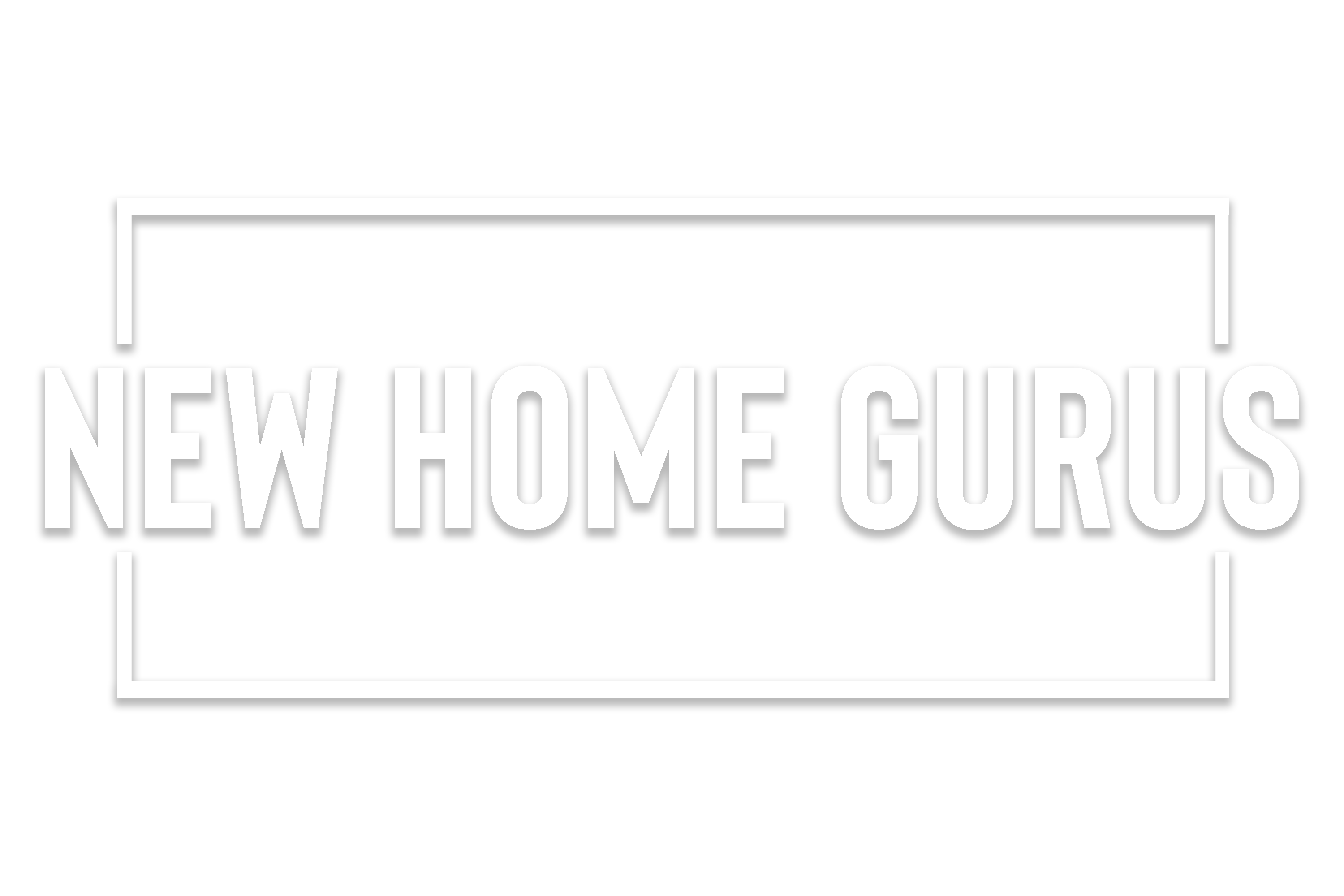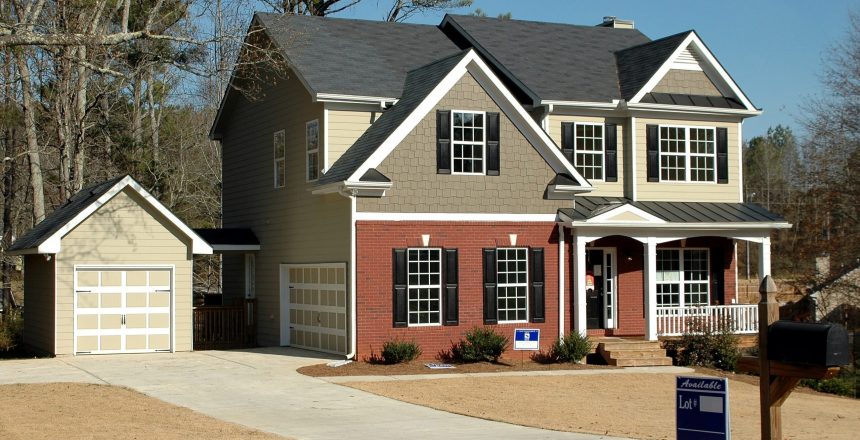How to Set the Asking Price for Your Home
Pricing a home is one of the most important things a seller has to do when they’re putting a house on the market. Often, this is a much trickier and far more complex step than many sellers realize. In fact, while setting the asking price requires careful analysis of several factors, some psychology also comes into play.
Beyond that, the stakes are high—the asking price can ultimately influence buyer interest, how long a house sits on the market, and what type of offers are made.
So, how can you balance everything and zero in on the right asking price?
These helpful tips are a good place to start.
7 Tips for Valuing Homes & Setting the Right Asking Price
Here are the most crucial things to do and consider when you’re thinking about how much to list your home for as you’re putting it up for sale.
1. Check out comparables.
A “comparable” is a house that is similar to your home in terms of age, size, style, condition, upgrades, and neighborhood and that has sold within the past couple of years. These comparable sales or “comps” give you a point of reference, so you can see how much buyers have recently been willing to pay for similar homes.
In addition to helping you identify a good price range for valuing your home, comps can also be key negotiating tools later—like if the appraisal comes in low and the buyer tries to negotiate a lower price. If that happens, your comps can help you justify the asking price and, potentially, changes to the appraisal.
2. Look at your home with a critical eye.
What maintenance does the home need? How does the landscaping look? Are there essential updates you won’t have time to get to before you list your house?
It’s far more difficult to command top dollar for homes that aren’t in the best shape. And, of course, there can be issues with homes that go unseen, like plumbing or foundation problems. That’s why it can be smart to get a home inspected before putting it on the market. A pre-listing inspection can mean you don’t face any big, bad surprises later. It can also give you the chance to fix issues and get top dollar or better price the home, in light of any issues you can’t (or don’t want to) fix before listing it.
3. Consider online listings and search functions.
About 9 out of every 10 homebuyers searches online for houses, according to a recent study. And more than 3 in 4 first-time homebuyers will drive by a home they have already checked out online.
Beyond those facts, it’s also crucial to know that buyers are filtering online results by price. That can mean that you may want to consider pricing that allows your home to be featured in more searches. For example, you may want to shave off $1,000 from a $400,000 asking price so it’s $399,000—and so your home shows up in searches for listings priced under $400,000.
4. Think about your objectives.
Do you need your house to sell ASAP? Or can you afford for it to potentially sit on the market while you fish for the right buyer who is willing to pay the price you want?
If you’re under some pressure or tight deadlines for selling, you can certainly price your house to sell fast when you’re willing to cut a deal or leave some cash on the table.
Alternatively, you may have some deep personal ties to a home and be invested in seeing it go to the right buyer for a premium price. In this case, consider the work and costs of keeping the house in show-ready condition for weeks to months on end.
5. Don’t have a “set-it-and-forget-it” mindset about the asking price.
The asking price for a home isn’t necessarily a fixed thing. In fact, it’s better to think of the price as flexible, adjusting to current conditions. For a seller, that means being ready to rethink the asking price if:
- Homes aren’t generating any interest or offers.
- The condition of the home changes, like if a new problem arises.
- Market conditions change to drastically favor buyers or sellers.
This is where a Realtor® can be invaluable. With their finger on the pulse of the housing market, Realtors® offer a crucial perspective that can help sellers price their houses and adjust that pricing when needed.
6. Factor in closing costs.
Buyers and sellers have to figure out who’s going to pay these costs, which can make them useful leverage when it’s time to negotiate the deal to buy a home. So, you may want to include closing costs in the price of the home if you plan to cover them. Or you may want to drop the pricing by a bit if you plan on asking the buyer to cover the closing costs.
7. Talk to a Realtor®.
An experienced Realtor® can take the mystery and stress out of setting the asking price for a home. By pulling comps, factoring in current market conditions, and considering other details, Realtors® can make it much easier to price homes, adjust asking prices when needed, and negotiate the deal when serious buyers come along. That can make all the difference in how quickly a home sells and how much sellers get for it.
Cash Back at Closing for Homebuyers & Home Sellers
Whether you’re buying or selling a home, you can get experienced help and cash back at closing when you work with the 5-star Realtors® at New Home Gurus. We can guide you through the process, helping you with offers, negotiations, and closing. Plus, we’ll split our commission with you at closing!
Homebuyers and sellers who work with New Home Gurus can get back an average of $4,500 to $12,000 at closing.
How Much Cash Can You Get after Closing?
Call (281) 668-8124 or Contact Us to Find Out Now
We are standing by, ready to answer your questions and explain the details of our commission-sharing program.


